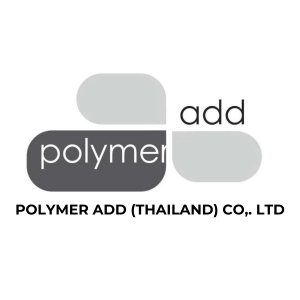Micronized sodium sulfate can be used in the manufacturing process of particleboard, a type of engineered wood product, for several purposes:
Binder Extender
Sodium sulfate can serve as a binder extender in the adhesive formulation used to bind wood particles together in the production of particleboard. By adding sodium sulfate to the adhesive mixture, manufacturers can reduce the overall cost of the adhesive while maintaining acceptable bonding strength.
Moisture Control
Sodium sulfate can help control moisture levels in the wood particles and adhesive mixture during the particleboard manufacturing process. This is important for achieving optimal bonding between the particles and ensuring dimensional stability in the finished particleboard panels.
Processing Aid
Micronized sodium sulfate can act as a processing aid during the manufacturing process of particleboard. It helps to improve the flow properties of the adhesive mixture, facilitate uniform distribution of adhesive, and enhance the bonding between wood particles.
Density Modifier
The addition of micronized sodium sulfate can help modify the density of particleboard panels. By adjusting the concentration of sodium sulfate in the adhesive mixture, manufacturers can control the density and mechanical properties of the resulting particleboard, making it suitable for specific applications.
Curing Control
Sodium sulfate can influence the curing behavior of the adhesive used in particleboard manufacturing. It helps to regulate the rate of adhesive curing, ensuring sufficient time for proper bonding between wood particles while minimizing production cycle times.
Environmental Considerations
Sodium sulfate is non-toxic and environmentally friendly, making it a preferred additive in particleboard manufacturing compared to some other chemical additives. Its use can help reduce the environmental impact of particleboard production and ensure compliance with regulatory requirements.
